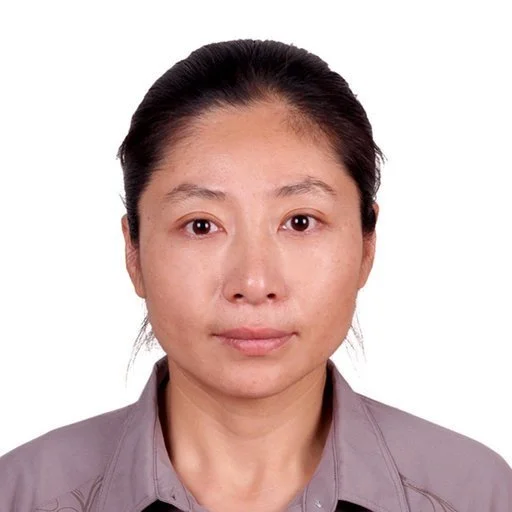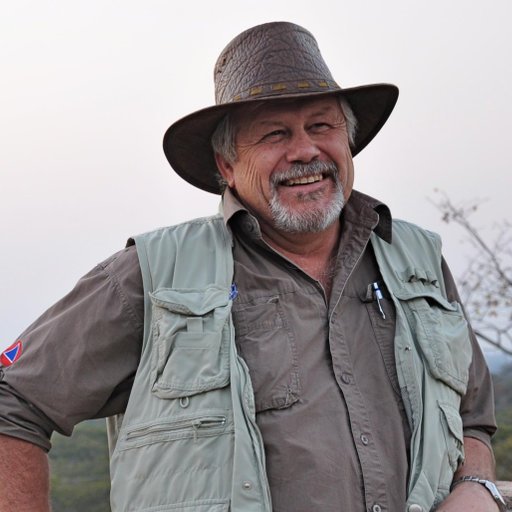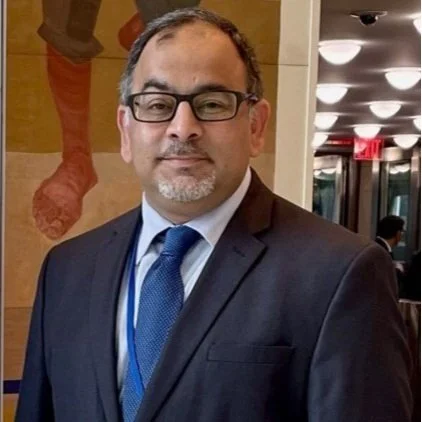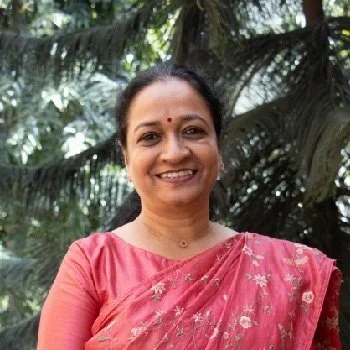The World Environment Day Virtual Symposium is a yearly event that features keynote experts, panel sessions, and presentations of papers submitted by participants. The theme for this year’s event is "Land Restoration, Desertification & Drought Resilience."
SPEAKERS
Dr. Xue Xian
Research Professor, The Northwest Institute of Eco-Environment and Resources (NIEER), Chinese Academy of Sciences (CAS), China
Dr. Andries J. Jordaan
Executive Director, Résilience Globale, South Africa
Dr. Sofia Belardinelli
PhD in Environmental Ethics, University of Naples "Federico II", Italy
Othman Amina
Spoken Word Artist and Founder Project Advosafe Initiative, Nigeria
Prof. Vinay Nangia
Principal Scientist & Research Program Leader – Soil, Water, and Agronomy, International Center for Agricultural Research in the Dry Areas (ICARDA), Morocco
Prof. David López-Carr
University of California, Santa Barbara, United States
Dr. Avijit Ghosh
Scientist, Indian Council of Agricultural Research, India
Dr. Indu K. Murthy
Sector Head - Climate, Environment and Sustainability, Center for Study of Science, Technology and Policy (CSTEP), India
Prof. Marijana Kapović-Solomun
Professor, Soil Sciences and Land Degradation, University of Banja Luka, Republic of Srpska Bosnia and Herzegovina
Prof. Vanina Pietragalla
Ministerio de Ambiente y Desarrollo Sostenible, Argentina
MODERATORS
Dr. Rafael Da Silveira Bueno
Dr. Roshan Babu Ojha
Ecological Restoration Strategies
Identification and restoration of degraded wetlands to improve water filtration and reduce the risk of drought.
The potential of agroforestry in reducing desertification and enhancing water retention.
Nature-based solutions for effective land restoration
Monitoring and assessing the impact of reintroduced species on ecosystem resilience.
Green spaces and sustainable design principles in urban planning for long-term ecological health
Sustainable Water Management
Rainwater harvesting systems for efficient agriculture and community water supply.
Precision irrigation techniques as a tool to optimize water use in agriculture.
Researching and implementing sensor-based irrigation systems for resource-efficient farming.
Monitoring and managing groundwater extraction to prevent overexploitation.
Awareness and education on water conservation at the community level.
Use of treated wastewater in non-potable applications to conserve freshwater resources.
Climate-Resilient Agriculture
Cultivation of crop varieties that are resilient to drought conditions.
Technology-driven precision farming methods to optimize resource use.
Providing training and resources to farmers for the adoption of precision agriculture practices.
Integrated Pest Management strategies in the reduction of the reliance on chemical pesticides.
Community Empowerment and Resilience
Role of indigenous knowledge in land restoration and resilience strategies.
Collaboration between scientific and traditional knowledge systems.
Local communities engagement in reforestation efforts to restore degraded landscapes.
Early warning systems and community response mechanisms.
Women's inclusion in decision-making processes related to land restoration and resilience.
Policy and Governance for Sustainable Land Use
Land tenure reforms for a sustainable and equitable land use.
Community land rights to prevent land degradation.
Regional and international collaboration on land restoration and drought resilience.
Laws and regulations in minimizing the environmental impact of extractive industries on land.
Corporate responsibility and sustainable business practices in relation to land use.













